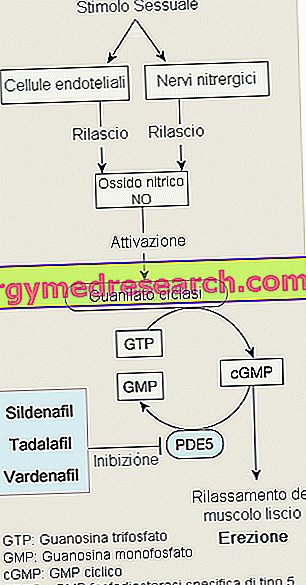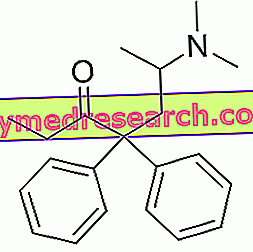This article aims to help the reader in the rapid identification of natural remedies useful in the treatment of various symptoms, disorders and pathologies. For some of the listed remedies, this utility may not have been confirmed by sufficient experimental tests conducted with a scientific method. Furthermore, any natural remedy presents potential risks and contraindications.
If available, we therefore recommend that you click on the link corresponding to the individual remedy to learn more about the topic. In any case, we remind you of the importance of avoiding self-treatment and to consult your doctor beforehand to ascertain the absence of contraindications and drug interactions.

Hepatic steatosis is a condition characterized by the abnormal accumulation of fat within the hepatocytes (liver cells). The increased lipid deposition, from which the term "fatty liver" causes the organ to be increased in size upon echographic examination, whereas when the condition becomes chronic, structural and functional alterations (steatohepatitis and cirrhosis) may occur. These complications are more common when hepatic steatosis is associated with alcohol abuse and high grade obesity, which together with diabetes are the most common causes of fatty liver origin.
The phytotherapy of hepatic steatosis uses plants and natural remedies with hepatoprotective, hypocholesterolemic and hypoglycemic activity (triglycerides and sugars increase the hepatic synthesis of fats).
Medicinal plants and supplements useful against hepatic steatosis
Boldo, Milk thistle, Silymarin, Gentian, Artichoke, Propolis, Glucomannan, Chitosan, Guggul, Rosemary buds, Fenugreek, Garlic, Licorice, Gymnema, fiber supplements, such as psyllium seeds or guar gum.



